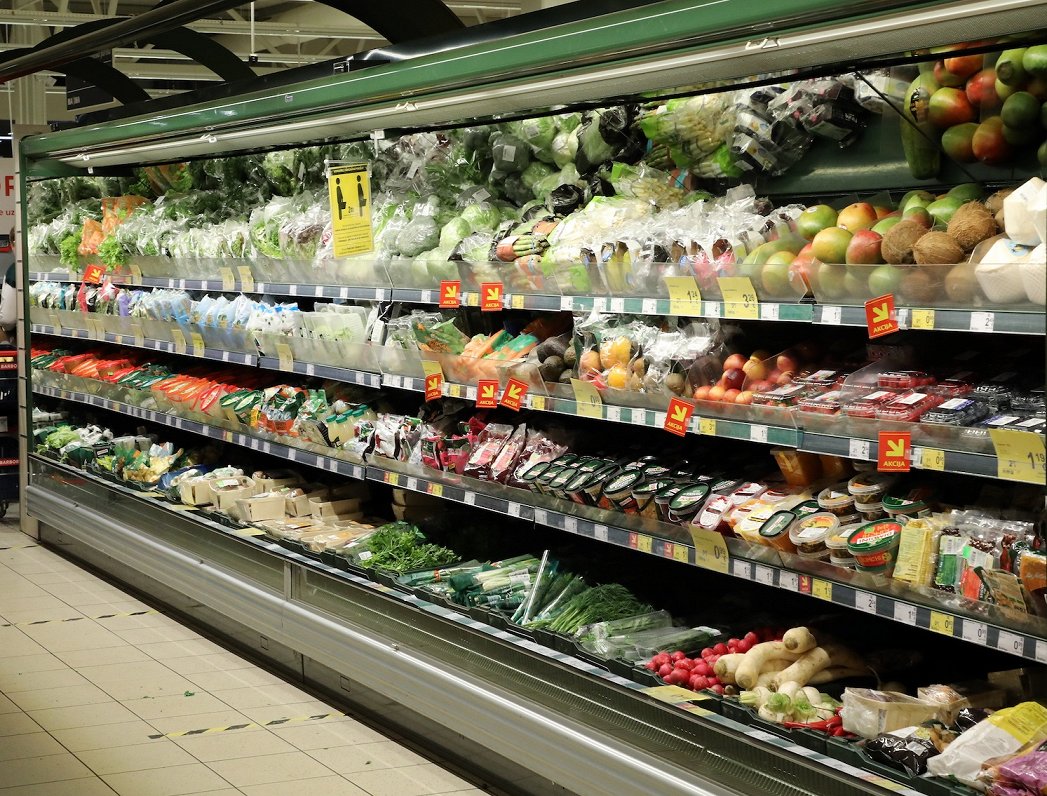Traders oppose the changes, and the EM admitted that some things still need to be clarified to avoid unnecessary debates in Parliament and to ensure the quality of the draft law.
The changes to the Unfair Commercial Practices Prohibition Law, prepared by the Ministry of Economics, still need to be considered and adopted by the Saeima. This is one of the steps taken to try to reduce food prices in supermarkets. The draft law has been subject to several attempts at reconciliation and the current proposal is a compromise, according to Edijs Šveicāns, Deputy State Secretary at the Ministry of Economics.
The essence of the draft law is that comparable products should be treated equally.
Although retailers themselves state that they do not apply mark-ups according to the country of origin of the goods, the Competition Council (KP) found that 50% of the agricultural and food products examined had higher mark-ups on national origin products and that there were significant differences in mark-ups between private and producer brands.
The market monitoring found that a third of retailers periodically apply different markups to local and foreign products.
“For example, imported poultry meat has a 20-30% markup, while domestic products have a markup of 100 percent or more,” Minister of Economics Viktors Valainis (Greens and Farmers Union) gave an example at the government meeting.
Prime Minister Evika Siliņa (New Unity) said at the cabinet meeting that she did not want to degrade trade, but that it was necessary to protect the population from the excessive cost of products. “The political mood is that such amendments should go ahead,” the Prime Minister said, adding that the draft law could still be fine-tuned during its consideration.
The Latvian Food Retailers Association (LPTA), the Latvian Chamber of Commerce and Industry and Maxima oppose the changes, arguing that the state is interfering in business and disrupting the principles of free market competition. The changes could have a negative impact on the range and diversity of goods, companies’ profits and ability to react quickly to changing market conditions, as well as hampering innovation and the introduction of new products to the market, they say.
Select text and press Ctrl+Enter to send a suggested correction to the editor
Select text and press Report a mistake to send a suggested correction to the editor
Tell us about a mistake
